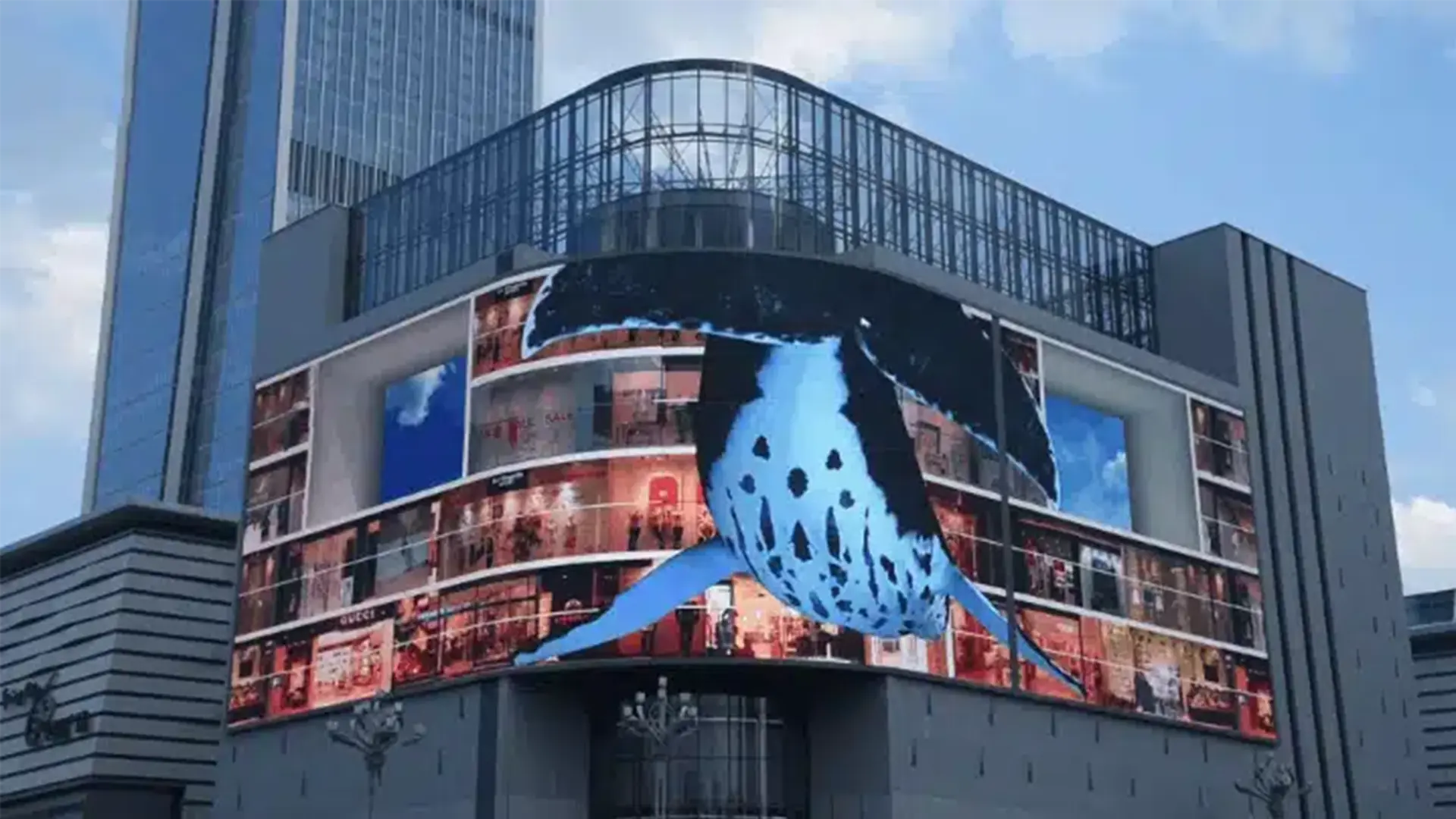
Outdoor LED display screens have transformed the landscape of digital signage and public communication systems. With their weather-resistant design, high brightness, and energy efficiency, these outdoor led display units are widely used in stadiums, billboards, transit stations, and commercial buildings. However, due to constant exposure to harsh environmental conditions, even the most advanced outdoor led screen can develop technical issues that affect performance. This comprehensive guide will walk you through six of the most frequent outdoor led display screen problems — and show you how to fix them like a seasoned technician.
Partial screen discoloration
Non-responsive cabinet sections
Mismatched color temperatures
When experiencing localized visual anomalies on your outdoor led display screen, the issue often lies within the control system or receiver cards. Here’s a step-by-step troubleshooting process:
Locate the affected cabinet/module area
Check the status lights on the receiver card (green indicates normal operation)
Swap out potentially faulty receiver cards with known working units
Reboot the system and recalibrate the color balance
Pro Tip: Always keep spare receiver cards rated for outdoor environments (-20°C to 60°C) to ensure compatibility and reliability.
Persistent horizontal lines across the screen
Sectional image tearing
Color banding effects
Horizontal lines are typically caused by connection issues between modules or cables. To resolve this problem on your outdoor led display:
Inspect all ribbon cable connections for oxidation or wear
Test data and power connectors using a multimeter
Immediately replace any damaged HUB75 cables
If the issue persists, consider replacing the entire LED module
Weatherproofing Note: Apply dielectric grease to connector points during repairs to enhance moisture resistance and prolong component life.
Random flickering of the screen
Intermittent blackouts
Brightness fluctuations
Flashing or intermittent behavior is often linked to unstable power supply. Here's how to address it effectively on your outdoor led screen:
Verify all power cord connections and torque them to 1.5Nm
Use a clamp meter to measure actual power load
Upgrade to IP67-rated outdoor power supplies for better durability
Implement redundant power distribution systems to prevent single-point failures
Load Calculation: Outdoor LED installations should be designed with at least 30% extra power capacity to account for temperature variations and peak usage times.
Vertical bright/dark bands appear on the screen
Color-specific strip errors
Ghosting effects visible under certain lighting
Dark or light vertical strips usually point to driver IC failure. Follow these steps to resolve the issue on your outdoor led display screen:
Apply controlled heat (80–100°C) using a professional hot air station
Identify failed driver ICs using a thermal imaging camera
Replace defective TD62783 or TLC5947 chips
Install cabinets with built-in moisture-wicking features
Environmental Factor: Approximately 68% of vertical strip issues occur when humidity levels exceed 80% RH. Ensure proper ventilation and sealing.
Black screen with flashing sender card
No signal detection from control software
Loss of network connectivity
When your outdoor advertising led display fails completely, perform the following diagnostics:
Confirm power input (typically 380–480V for large-scale displays)
Test fiber optic links with a professional light meter
Replace damaged CAT6a outdoor-rated network cables
Install surge protectors on all data transmission lines
Certification Check: Verify that all components meet MIL-STD-810G standards for shock and vibration resistance, especially for stadium and roadside installations.
Inconsistent color across different sections
Uneven white balance
Gamma curve deviations
To achieve perfect color uniformity on your outdoor led display:
Use a spectroradiometer for precise color measurements
Adjust PWM values in the control software interface
Replace aging LED packages in matched batches
Implement automatic color tracking and correction systems
Maintenance Schedule: It is recommended to perform full-color calibration every 2,000 operational hours to maintain optimal visual performance.
Regular upkeep is crucial for extending the lifespan and performance of your outdoor led display screen. Use this seasonal maintenance plan:
Monthly: Clean dust buildup using compressed air (40–60 PSI)
Quarterly: Perform thermal imaging scans to detect overheating components
Bi-annually: Test power loads and check grounding connections
Annually: Inspect structural integrity and waterproof seals
Mastering the troubleshooting techniques outlined above will help you minimize downtime and reduce long-term costs associated with outdoor led display systems. While many issues can be resolved with basic tools and knowledge, complex installations or recurring faults may require assistance from certified technicians. Implement a proactive maintenance schedule and always use quality replacement parts rated for outdoor environments to ensure your outdoor led display continues delivering top-tier performance year after year.
Need professional support for your outdoor led display? Reach out to our certified technicians for detailed diagnostics and tailored repair services based on your specific installation environment.
Hot Recommendations
Hot Products
Get a Free Quote Instantly!
Talk to Our Sales Team Now.
If you are interested in our products, please contact us promptly
Reach out to our sales team to explore customized solutions that perfectly meet your business needs and address any questions you may have.
Email Address:info@reissopto.comFactory Address:Building 6, Huike Flat Panel Display Industrial Park, No. 1, Gongye 2nd Road, Shiyan Shilong Community, Bao'an District, Shenzhen city , China
whatsapp:+8615217757270